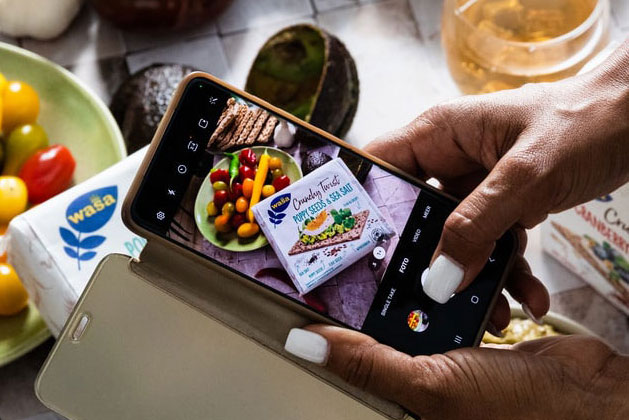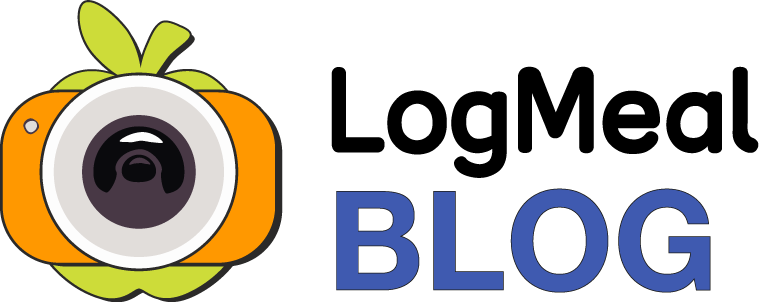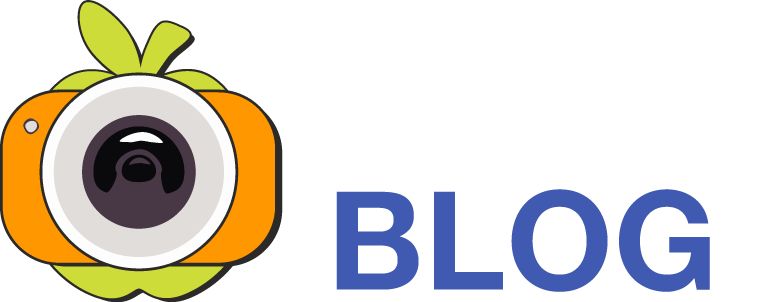
27 Jun Logging meals
What are the benefits of logging your meals?
A food log or logging meals is a method of food and beverage tracking that is intended to reflect daily intakes.
Studies show that we tend to underestimate our intakes by 20-40%. So, we eat more calories than we think. Keeping track of all your meals for a while helps to increase awareness of actual intakes.
Not only what you’re eating, but other information like the portion size, the time of the day, your level of hunger, etc. is valuable information about your habits you can learn a lot from.
Benefits of logging your meals
- Discover your eating habits, analise your hunger throughout the day and identify unhealthy behaviours.
- Improve dietary adherence. When we feel observed, we unconsciously modify some aspects of our behaviour. This is called the Hawthorne effect. Tracking our intakes allows us to be the observer and the observed, and it helps to improve our diet.
- Make more mindful food-related decisions. This is a clear consequence of being more aware of what you’re eating.
- Weight loss. Dietary self-monitoring has been associated with greater weight loss. It is one of the most common strategies that nutritionists use with their patients. Also, it is effective for weight loss maintenance.
- Detecting food sensitivities. A food diary can help you relate some symptoms (such as bloating, abdominal pain, etc.) to a specific food.
Methods to assess dietary intake
To assess dietary intake, different methods are used. The most common ones are the 24-hour dietary recalls (24-HDRs), 7-day dietary recall (7DDR) and Food Frequency Questionnaires (FFQ). However, nutritionists often request them. Self-monitoring meals is also a very common practice that can be made not only with food journals, but with food tracking APPs. Those are comparatively less time-consumig and more accurate. Also, it provides nutritional information from what you eat.
With LogMeal APP tracking your daily intakes is easier than ever! It’s fast and visual. When taking a picture, LogMealAPP recognizes all food items and provides their nutritional information. This way, you can also be aware whether you are feeding yourself according to your needs and goals.
Bibliography:
Aguirre C, et al. Evaluación de la ingesta alimentaria: una reflexión que nos acerque al futuro. Rev Esp Nutr Hum Diet, 2021; 25(3):266-268. DOI: 10.14306/renhyd.25.3.1433
Burke LE, Swigart V, Warziski Turk M, Derro N, Ewing LJ. Experiences of self-monitoring: successes and struggles during treatment for weight loss. Qual Health Res, 2009; 19:815–828. DOI: 10.1177/1049732309335395
Hollis JF, et al. Weight Loss During the Intensive Intervention Phase of the Weight-Loss Maintenance Trial. Am J Prev Med, 2008; 35(2). DOI: 10.1016/j.amepre.2008.04.013
Turner-McGrievy GM, Wilcox S, Boutté A, et al. Erratum: The Dietary Intervention to Enhance Tracking with Mobile Devices (DIET Mobile) Study: A 6-Month Randomized Weight Loss Trial. Obesity (Silver Spring), 2017; 25(12):2156-2157. DOI: 10.1002/oby.22076
Wansink B, Chandon P. Meal size, not body size, explains errors in estimating the calorie content of meals. Ann Intern Med, 2006; 145(5):326-32. DOI: 10.7326/0003-4819-145-5-200609050-00005


